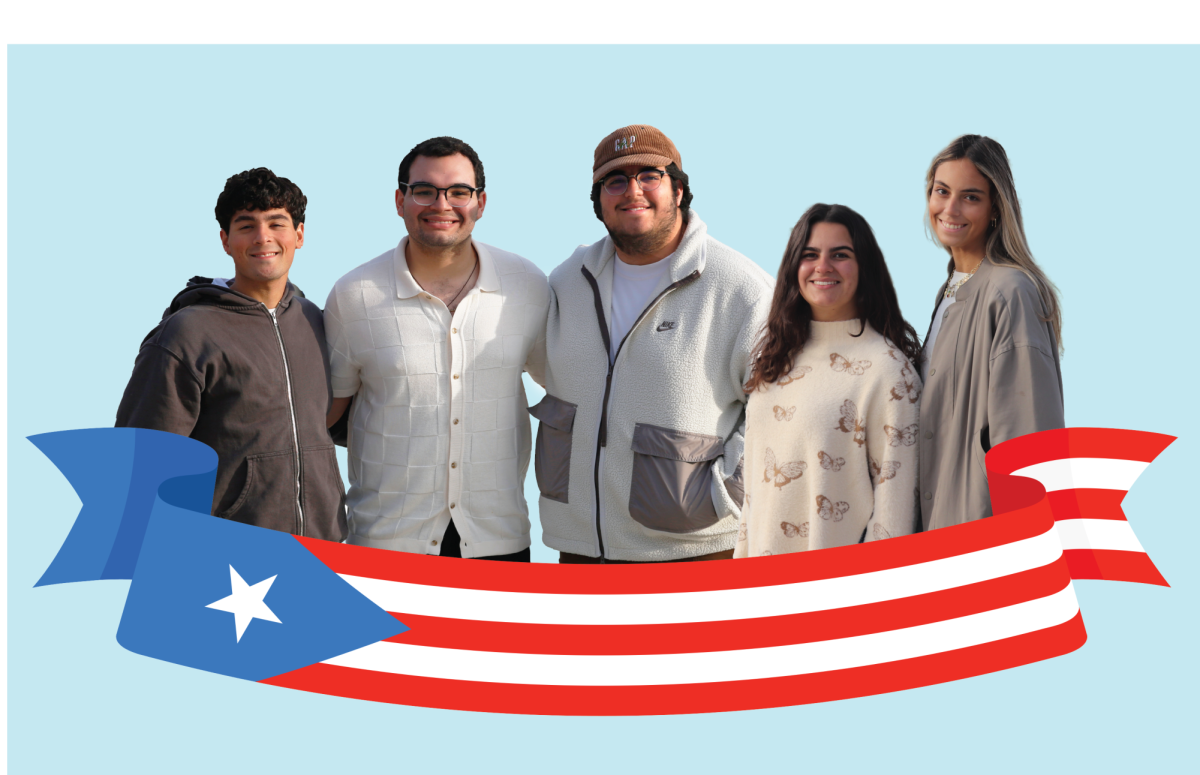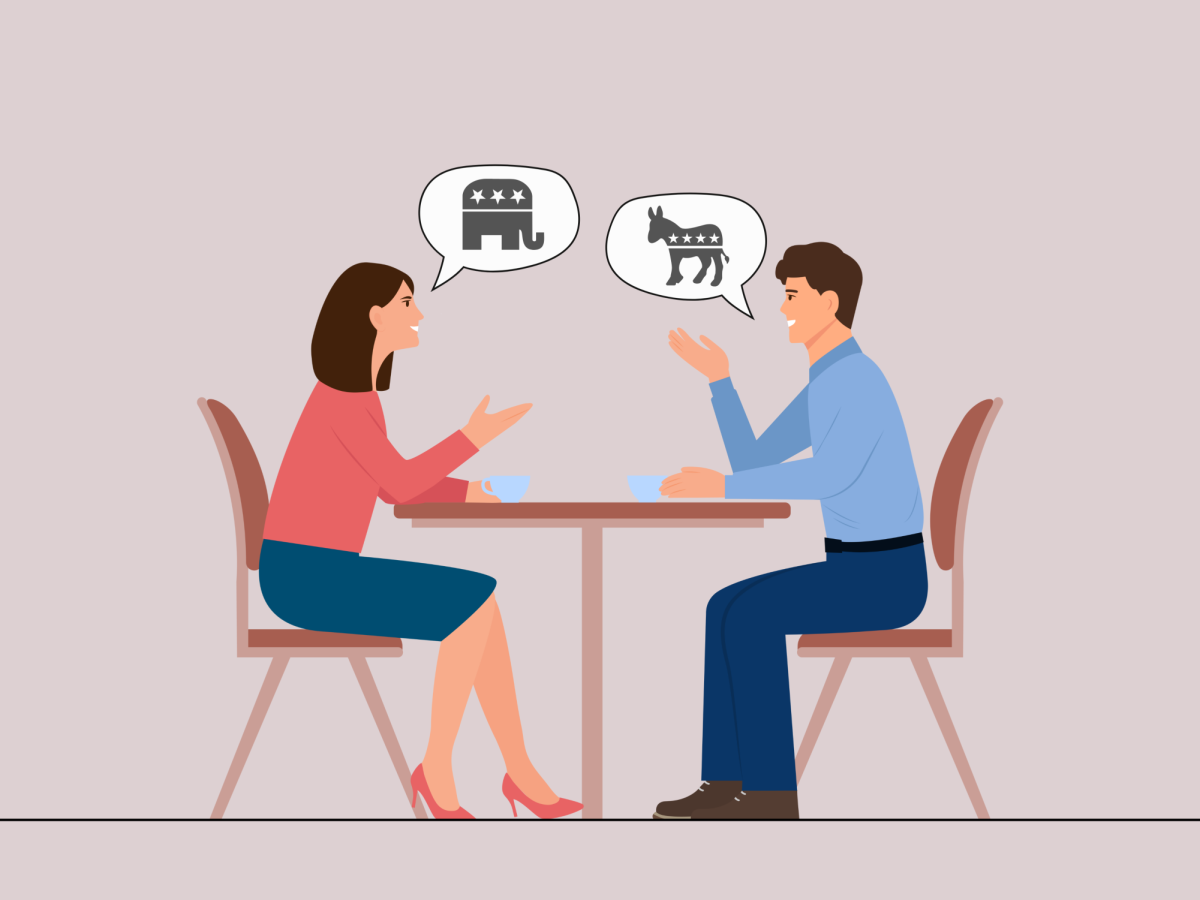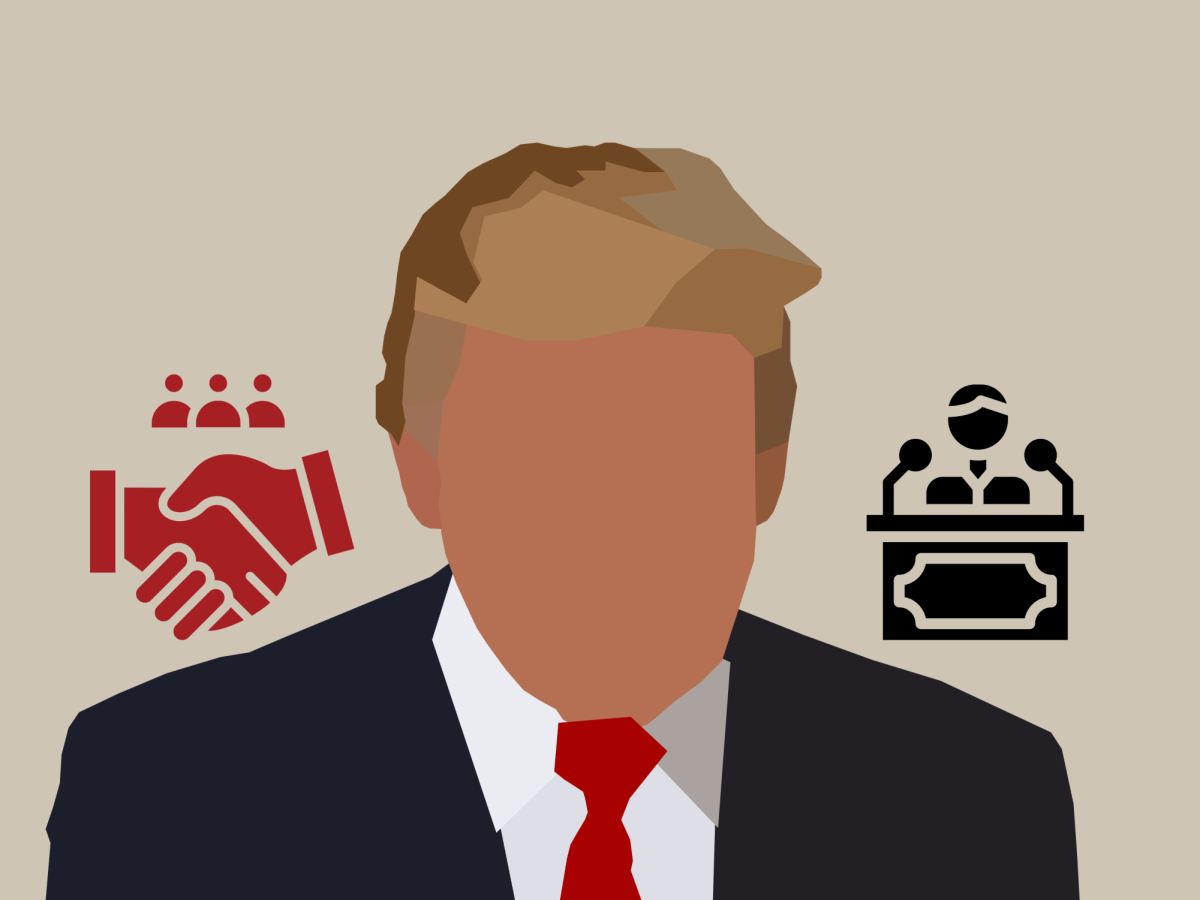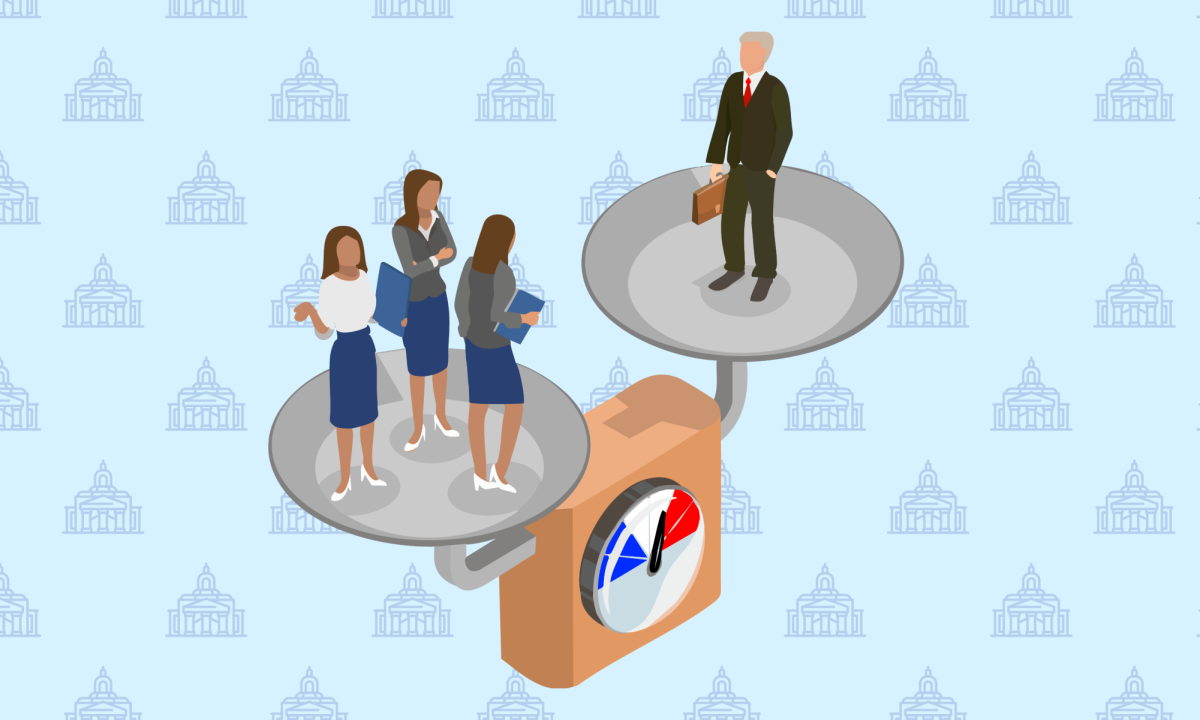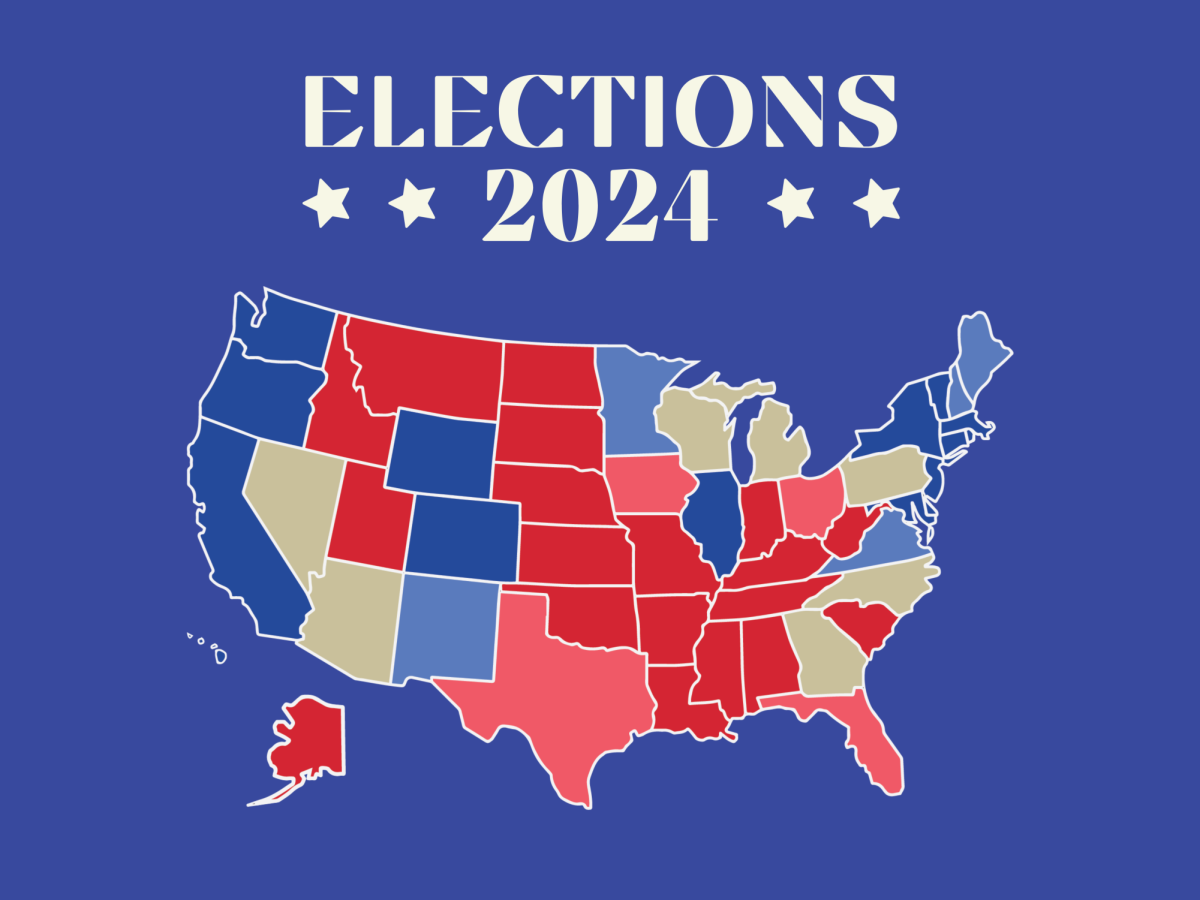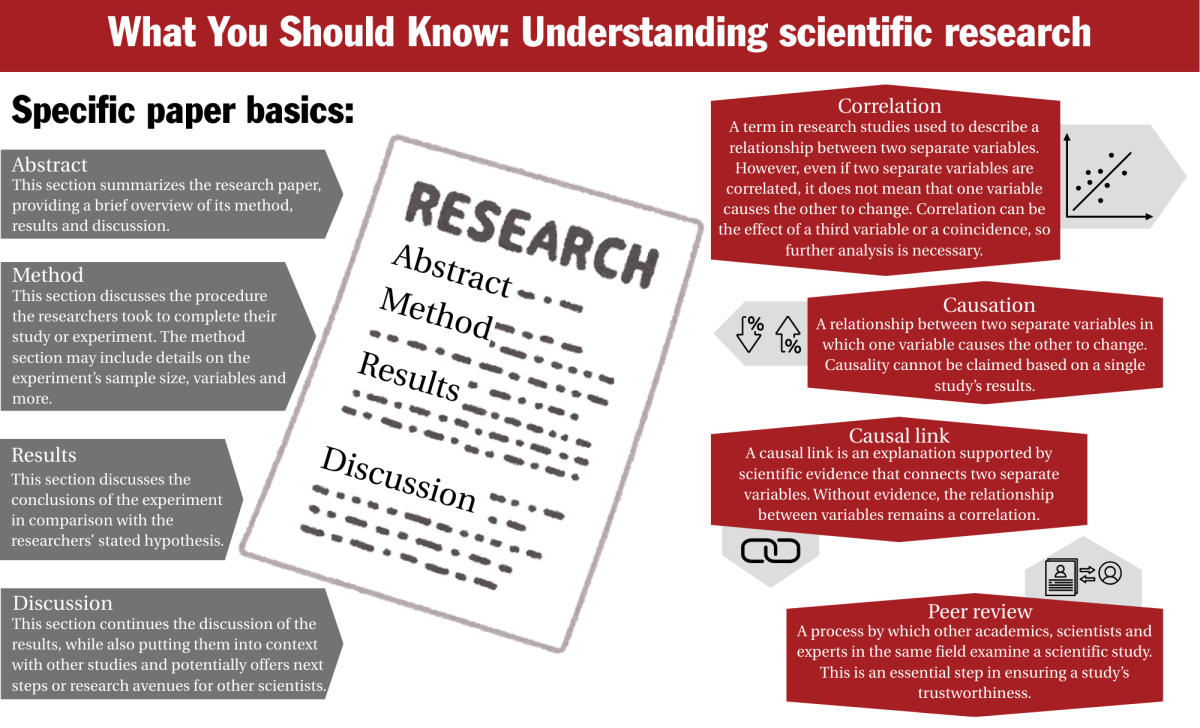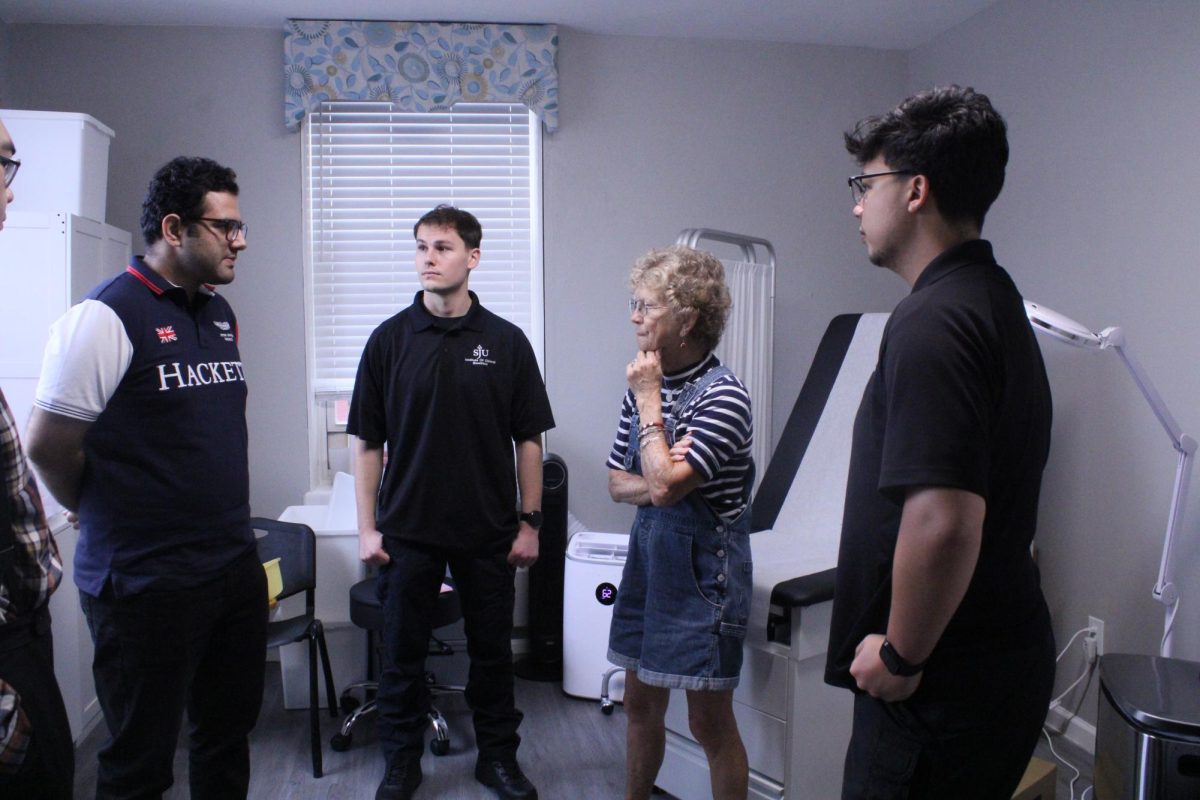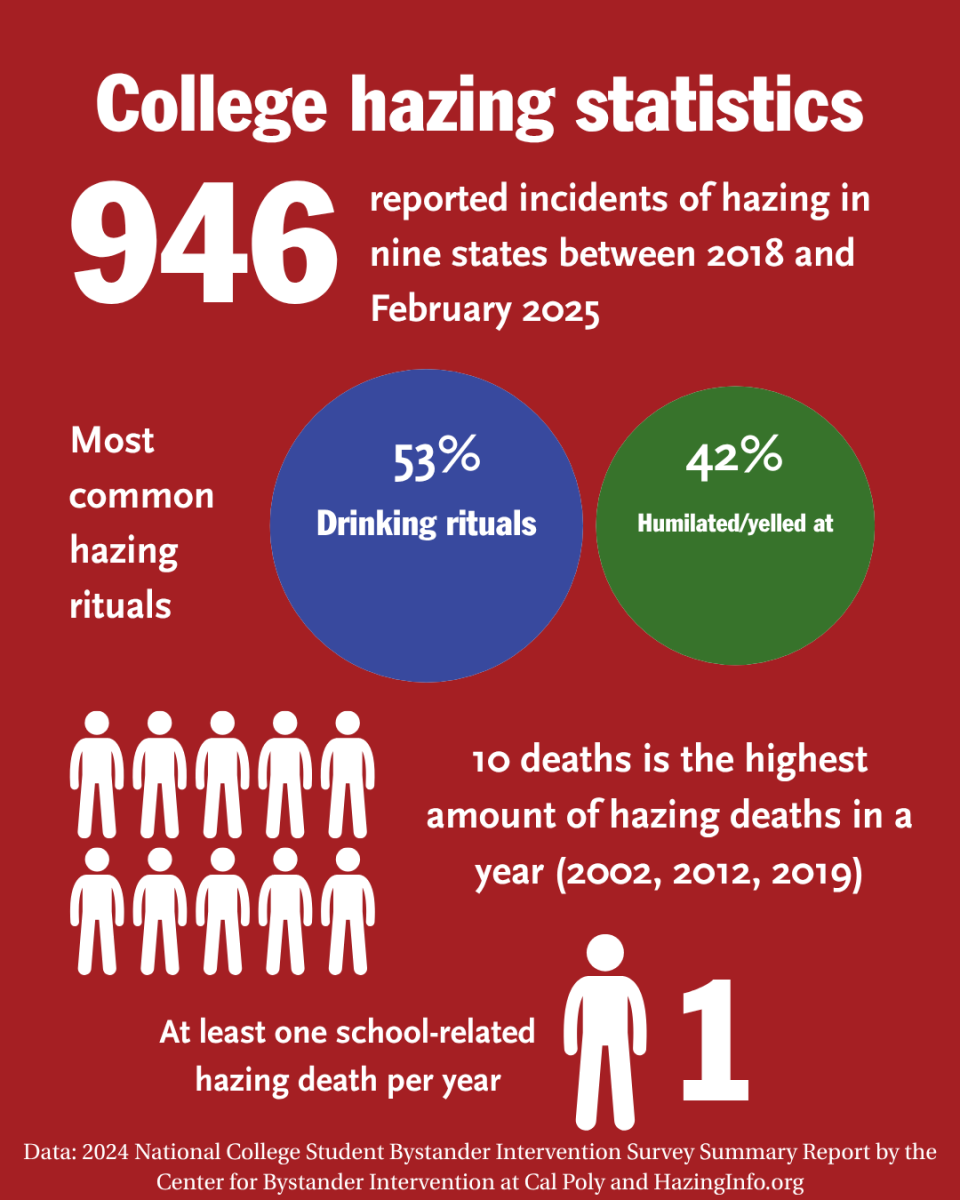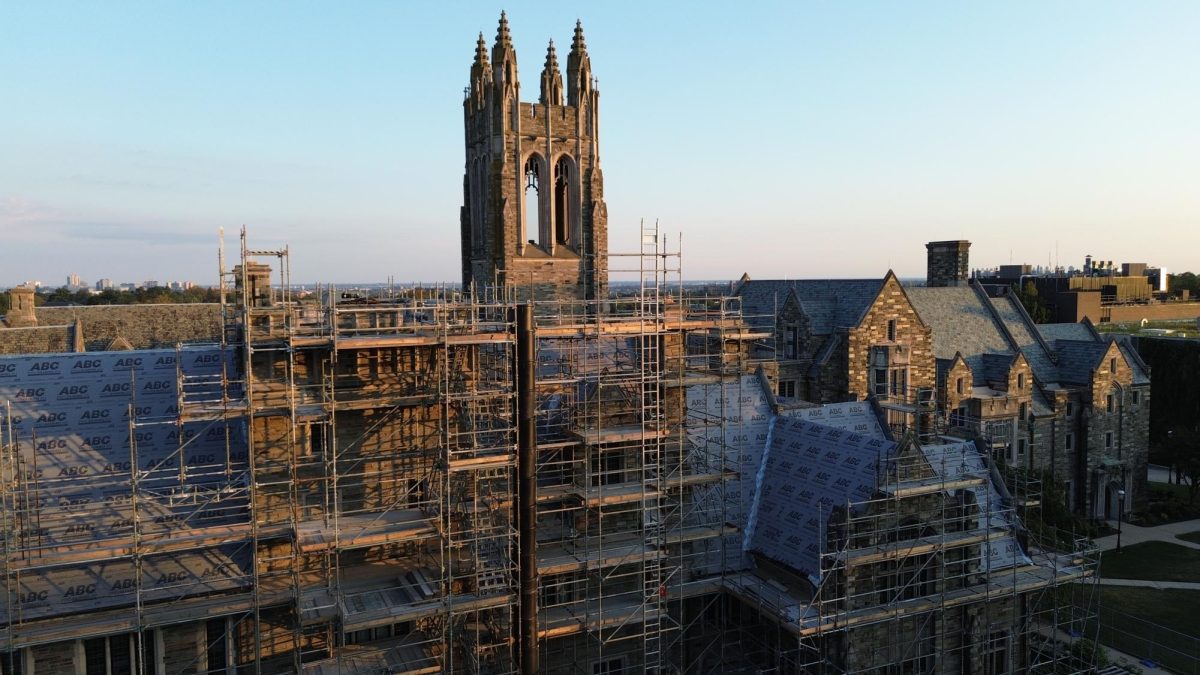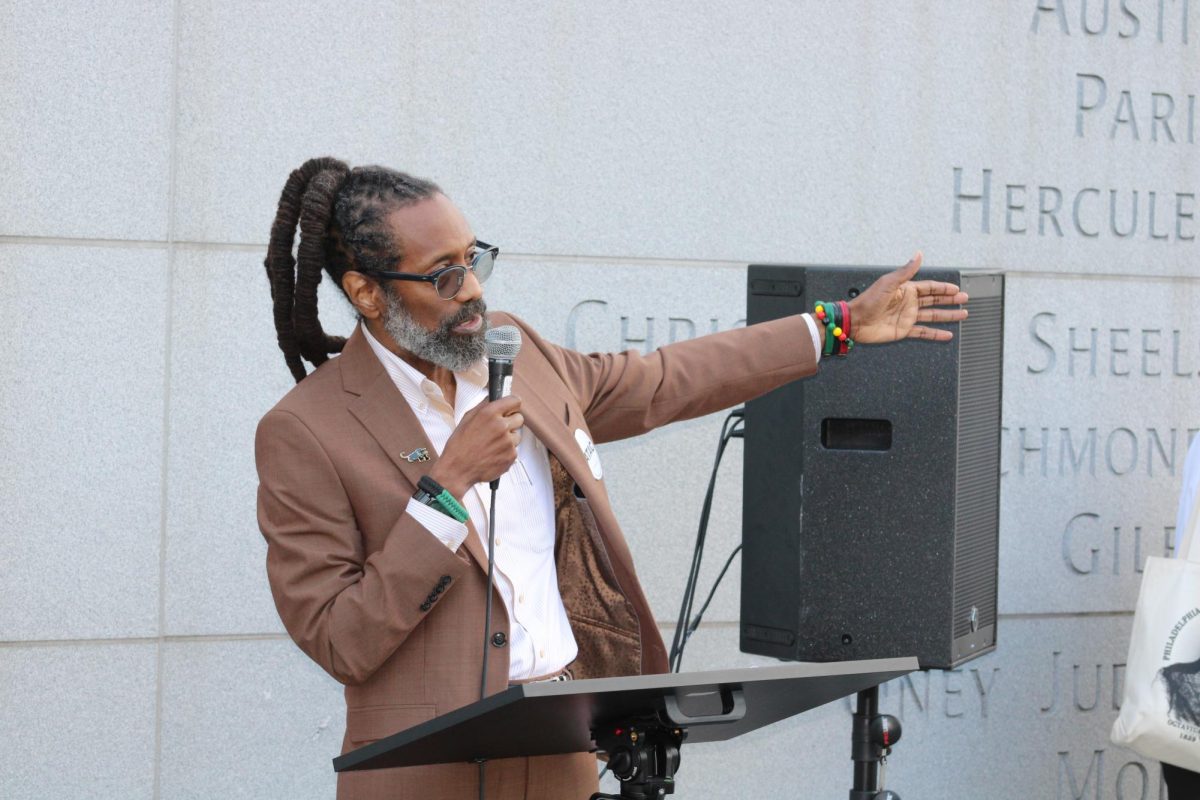On a warm Sunday in early September, Eva Hernandez ’25 and about 25 other Puerto Rican students met for lunch. They enjoyed the sunny day and shared chorizos, burgers and barbecue chicken. Later that day, a smaller group got together for an intimate discussion about the November elections.
“We had lunch together at one of our houses, and we were all sitting at the table, like, ‘Oh, where are you going to vote? And why are you voting there? And why are you not?’” Hernandez said. “Everyone was just debating what to do.”
Puerto Ricans living in Puerto Rico cannot vote in federal elections and do not have full representation in Congress, with only a non-voting member of the House of Representatives. Puerto Ricans living on the U.S. mainland, however, can vote in federal elections.
Hernandez said where to vote — Puerto Rico or the U.S. mainland — is a difficult but important decision for Puerto Ricans to make. Hernandez said she eventually chose to vote in Puerto Rico by mail, because she felt her vote would have more of an impact in Puerto Rico than in the United States.
“I chose Puerto Rico because I’m more concerned with what is going on in Puerto Rico. I felt the need to vote in my country,” Hernandez said. “Voting is about self-reflection and truly thinking about the power you have as a voter and with your right, and how you want to use it and how you think it’ll best be used or where it’ll best be used.”
According to 2021 Pew Research Center data, nearly six million Puerto Ricans reside on the U.S. mainland, 99% of whom are U.S. citizens. In the Philadelphia-Camden-Wilmington metropolitan area, Puerto Ricans make up 43% of the Hispanic population. And, according to 2023 data from the U.S. Census Bureau, there are about 473,000 Puerto Ricans in Pennsylvania, an important swing state in this election.
Gilberto Gonzalez, Puerto Rican activist, writer and filmmaker who grew up in the Spring Garden neighborhood in Philadelphia, said Puerto Ricans in Pennsylvania should use their vote in the elections to get their voices heard.
“For me, this election is about our strength. If we come out to vote strong, then the establishment, both Democrat and Republican, they’re going to have to start paying attention,” Gonzalez said. “Because if we come out and vote strong, then the work starts, because now we can hold them accountable.”
This November, Puerto Ricans on the island were able to vote for numerous candidates: governor, mayor, a non-voting member in the U.S House of Representatives, state senators, members in the House of Representatives of Puerto Rico and municipal government representatives.
Also on the ballot are a box for a presidential preference vote and a territorial ballot measure, or plebiscito, according to Edwin Torres ’25, treasurer of the Puerto Rican Student Association (PRSA).
“This is what we call a status reform, or status plebiscito, which engages what the Puerto Rican population thinks should be the political status of the country,” Torres said. “And there are three options: statehood, commonwealth and independence.”
Currently, Puerto Ricans on the island are considered U.S. citizens as part of a commonwealth and do not have the full rights of a citizen. Statehood would mean Puerto Rico would become the 51st state, and independence would mean Puerto Rico becomes an autonomous state. These are important considerations for Puerto Ricans on the island and in the U.S.
Torres said this is the seventh time since 1967 that this ballot will be held to ask Puerto Rican voters to voice what they want for the future of the island.
There are about 80 Puerto Rican students at St. Joe’s, said Sofia Fuentes ’26, PRSA president, who added that to vote in the United States, Puerto Rican voters forfeit their right to vote in Puerto Rico.
Fuentes said she chose to vote in the U.S. because she wants a president who she believes will listen to Puerto Ricans’ concerns and needs.
“We are often treated as second-class citizens on the mainland, and we need a president who doesn’t promote that kind of rhetoric,” Fuentes said. “Having a president who publicly acknowledges and considers the desire of the Puerto Rican people to choose between statehood, independence and commonwealth status is important for Puerto Ricans on the island.”
Fuentes said Puerto Rican people do not want a system where they pay taxes but do not get a voting representative in the U.S. Congress or a representative in the Senate.
David Soler ’25 said he was not registered to vote, but Puerto Ricans should consider where their vote matters and the impact it will have in Puerto Rico and in the U.S.
“The most important thing is whether you, regardless of whether you vote here or there, keep in mind that your vote does have an impact,” Soler said. “Inform yourself, know the facts, know what’s going on, and then weigh your options, weigh that criteria, and make an informed decision. If you’re not willing to do that, don’t bother voting.”
PRSA member Alfredo Machargo ’25 said it’s more challenging deciding where to vote as a voter in Pennsylvania because it is a swing state, and every vote counts.
“I feel like a lot of people have been more leaning towards voting in the U.S. since Pennsylvania is a swing state,” Machargo said. “But I feel like also making the decision to vote in Puerto Rico, that’s where you live, that’s where your family is. So I feel like you will feel the effect of your vote in Puerto Rico more than you will feel it in the U.S.”
Torres said he chose to vote in the Puerto Rican elections because he wants to vote for a better administrator for federal funds, federal programs, policies and legislations in Puerto Rico.
“It’s my people, it’s my island, it’s my problems,” Torres said. “And I’m fully invested in them.”













































